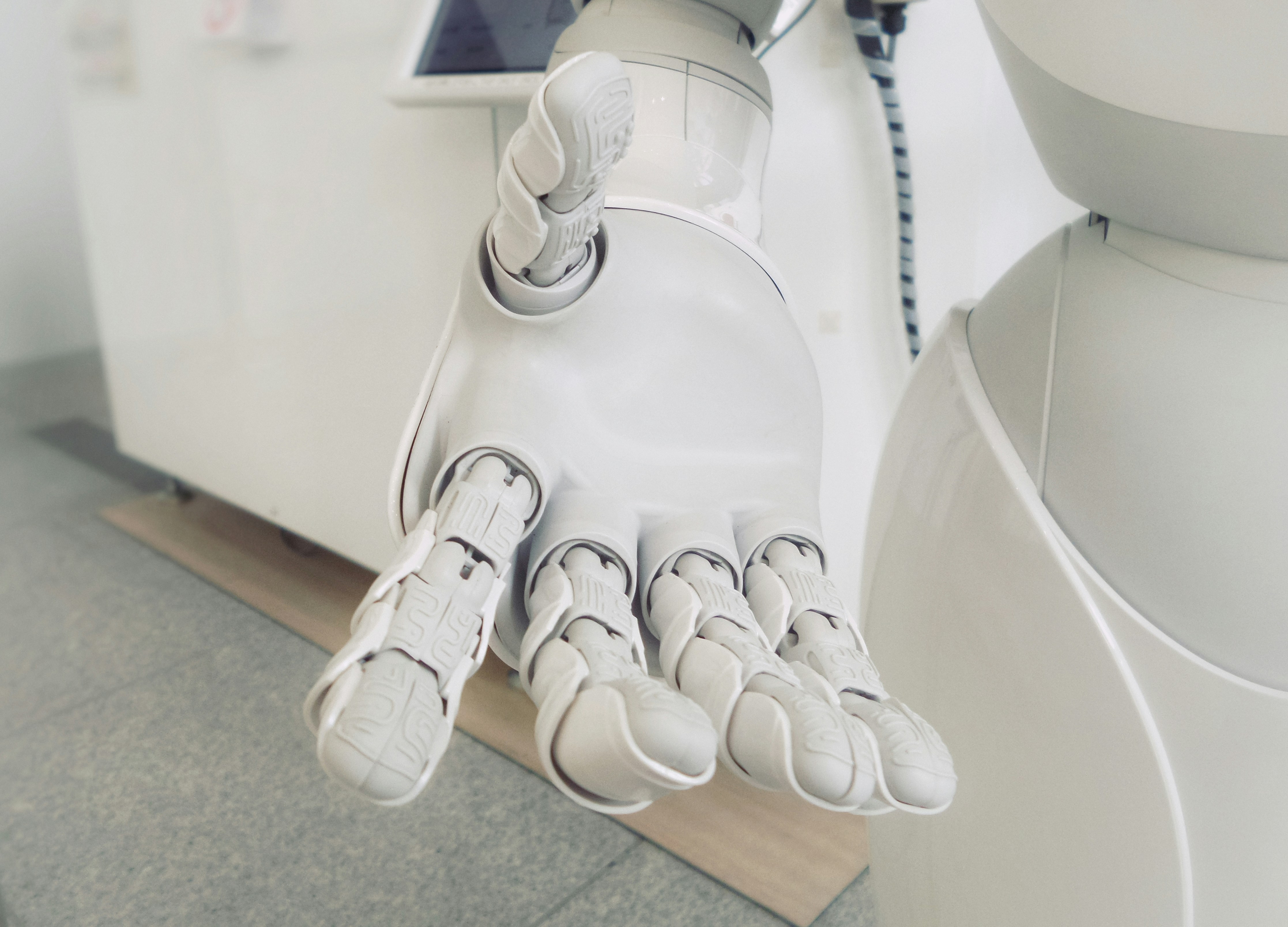Related Jobs
View all jobsPLC Engineer - Contract
Electrical Engineer
Maintenance Engineer - 6-2 | 2-10 | 10-6
Electrical Maintenance Engineer
Maintenance Engineer
Subscribe to Future Tech Insights for the latest jobs & insights, direct to your inbox.
Industry Insights
Discover insightful articles, industry insights, expert tips, and curated resources.

How to Write a Robotics Job Ad That Attracts the Right People
Robotics is moving rapidly from research labs into real-world deployment. Across the UK, robots are now used in manufacturing, logistics, healthcare, defence, agriculture, autonomous vehicles and service industries. As adoption accelerates, demand for skilled robotics professionals continues to grow. Yet many employers struggle to attract the right candidates. Robotics job adverts often receive either very few applications or large numbers of unsuitable ones. Experienced robotics engineers, meanwhile, routinely skip adverts that feel vague, unrealistic or disconnected from how robotics systems actually work in practice. In most cases, the problem is not the talent pool — it is the job advert itself. Robotics professionals are systems thinkers. They care deeply about constraints, integration and real-world performance. A poorly written job ad signals weak technical understanding and unrealistic expectations. A well-written one signals credibility, seriousness and a mature robotics programme. This guide explains how to write a robotics job ad that attracts the right people, improves applicant quality and positions your organisation as a credible employer in the robotics sector.

Maths for Robotics Jobs: The Only Topics You Actually Need (& How to Learn Them)
If you are applying for robotics jobs in the UK it is easy to assume you need degree level maths across everything. Most roles do not work like that. What hiring managers usually mean by “strong maths” is much more practical: you can move confidently between coordinate frames you understand rotations without getting lost you can reason about kinematics, control, uncertainty & optimisation you can turn that maths into working code in a robotics stack This guide focuses on the only maths topics that consistently show up across common UK roles like Robotics Software Engineer, Controls Engineer, Autonomous Systems Engineer, Perception Engineer, SLAM Engineer, Robotics Research Engineer, Mechatronics Engineer & Robotics Systems Engineer. You will also get a 6 week learning plan, portfolio projects & a resources section so you can learn fast without drowning in theory.

Neurodiversity in Robotics Careers: Turning Different Thinking into a Superpower
Robotics is where software, hardware & the physical world collide. From warehouse automation & surgical robots to drones, cobots & autonomous vehicles, robots must sense, think & act reliably in messy real environments. To build that kind of technology, you need people who think differently. If you live with ADHD, autism or dyslexia, you may have been told your brain is “too distracted”, “too literal” or “too chaotic” for engineering. In reality, many traits that made school or traditional offices hard are exactly what robotics teams need: intense focus on complex systems, pattern-spotting in sensor data, creative problem-solving when hardware misbehaves. This guide is written for neurodivergent job seekers exploring robotics careers in the UK. We’ll cover: What neurodiversity means in a robotics context How ADHD, autism & dyslexia strengths map to key robotics roles Practical workplace adjustments you can ask for under UK law How to talk about your neurodivergence in applications & interviews By the end, you’ll have a clearer sense of where you might thrive in robotics – & how to turn “different thinking” into a professional superpower.